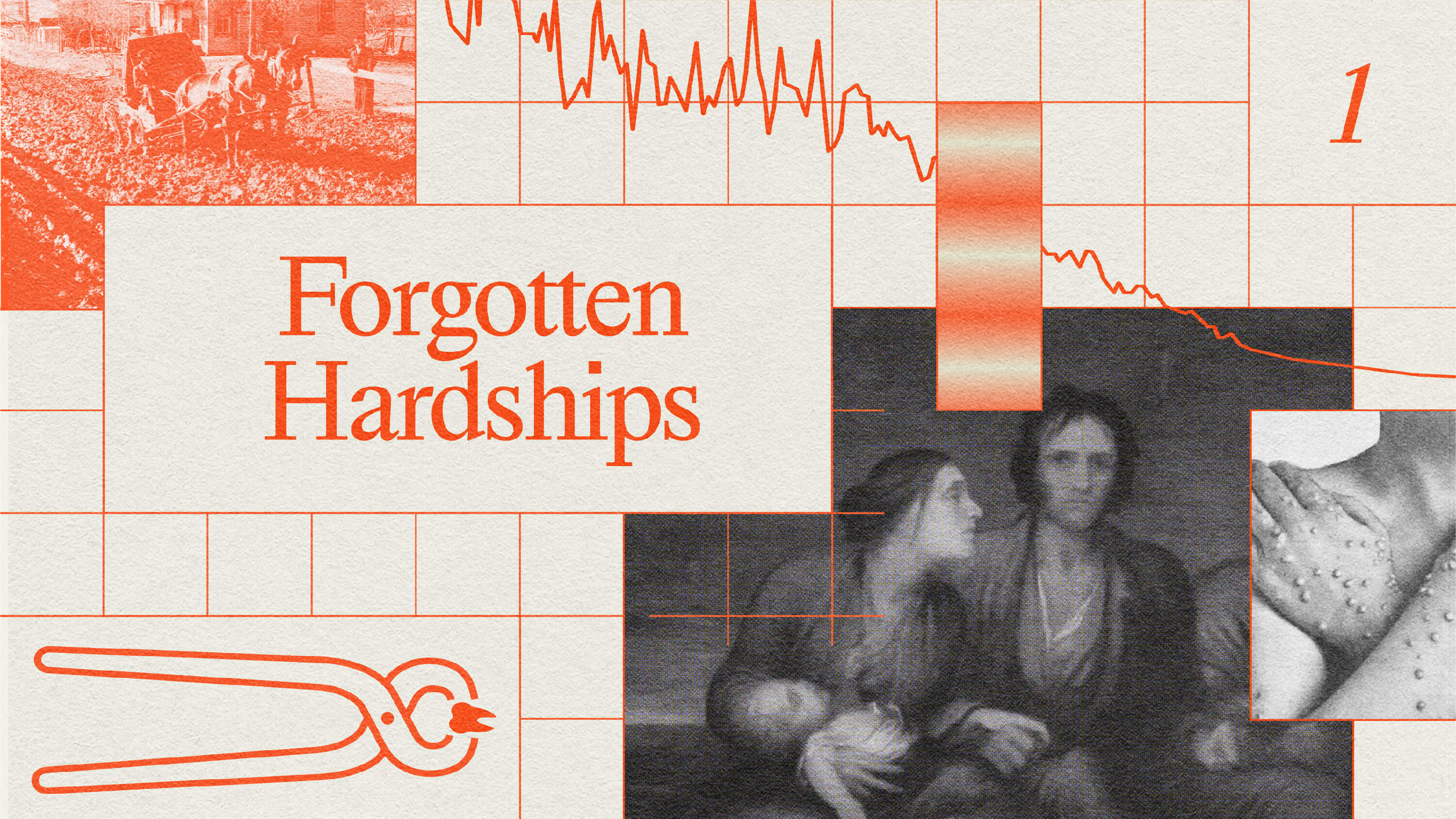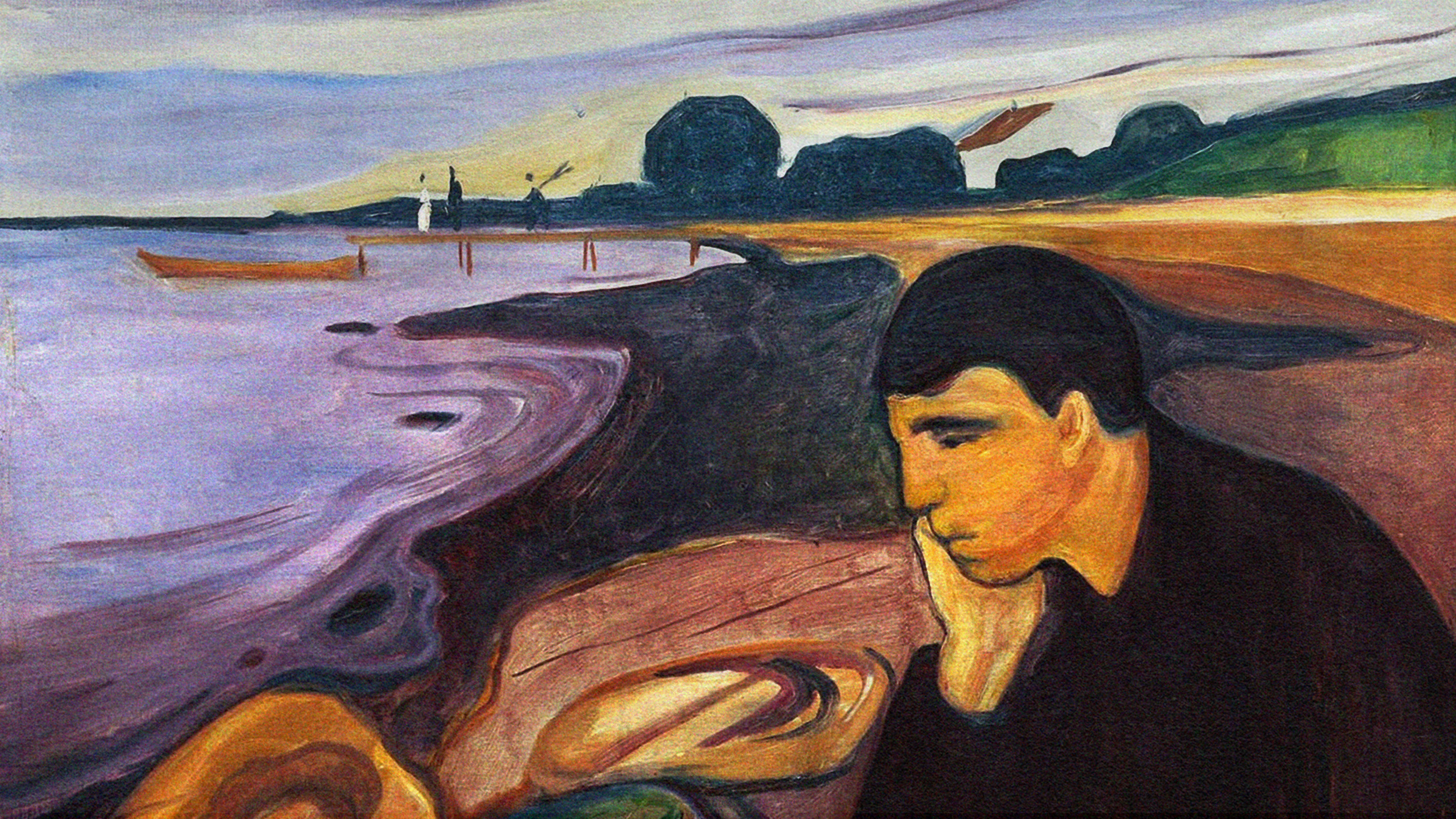40 Years After Woodstock, Can a Concert Still Change the World?

In a summer marking the 40th anniversary of the single most historic concert ever, Woodstock has been revered, evolving from a muddy live music happening to a lynchpin for social change during a polarized time in American history. But 40 years later, with live music a lucrative industry, can a live concert still change the world? The answer probably depends on what you’re trying to change.
In the 1990s, two other massive Woodstock concerts took place in upstate New York, though they didn’t draw the same reverence as the original, especially after the 1999 Woodstock concert ended with riots and violence. But was the original Woodstock really groundbreaking politically? It certainly demonstrated how the 1960s counter-culture attempted to live off the grid, but many of the show’s breakout performers were largely a-political. While efforts to have one more Woodstock concert failed, the efforts to make live music a galvanizing force continue.
The most obvious example is 1985’s Live Aid, a series of international concerts that looked to address famine in Ethiopia. With 1.4 billion people from 160 countries watching the concerts, Live Aid really set the mold for entertainment as a rallying social and political force. So what kind of causes are today’s concerts championing?
This year, a roster including Paul McCartney, Ringo Starr, Sheryl Crow, and Howard Stern highlighted a benefit concert at New York’s Radio City Music Hall. Their cause? Lauding the benefits of transcendental meditation. In June, a group of artists, actors, and scientists gathered in California to celebrate Live H2O, a weekend event whose mission was to “engage the power of water-Creative Juice-to transform, restore, and sustain health, energy, peace, and prosperity in all ways.” It’s not exactly famine in Africa, but they are technically causes.
Perhaps the most inspiring musical event of the year took place last month at Radio City Music Hall, where some of the world’s most famous personalities, including Stevie Wonder, Aretha Franklin, Morgan Freeman, and President Clinton, celebrated Nelson Mandela’s 91st birthday. Viewed by a global television audience of over 1 billion people, the event raised funds for Mandela’s charities.
But the most surprising comment on the topic comes courtesy of a legendary musician and member of the Woodstock generation. In an interview last year with the CBC, 60-something rocker Neil Young denied music’s ability to change the world. “I think that the time when music could change the world is past,” said Young. “I think it would be very naïve to think that in this day and age.” Of course, music’s efficacy as a game-changer might depend on the cause you’re championing.




